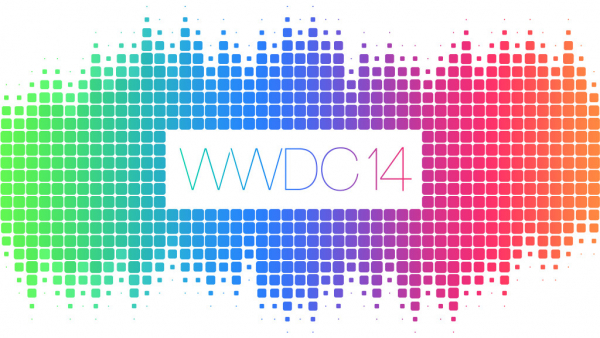The iPad Pro (with the Smart Keyboard) cannibalizes my MacBook Pro the same way the iPhone 7 Plus cannibalized my old iPad mini.
I'm blown away by how many non-work related tasks I can accomplish on the iPad Pro. And for some tasks, I can even do it faster on the iPad Pro.
My biggest discovery is split-screen mode works brilliantly because many apps are designed to work on iPhone-sized screen. Browsing and clicking on a link in a left-side app can open in Safari on the right. Apps on the desktop were not designed to work on iPhone-sized spaces.
Some of my favorite use-cases for split-screen mode are:
- catching up on RSS feeds with Reeder + Safari
- researching reviews with YouTube + Safari
- catching up on email newsletters with Newton + Safari
- catching up on computer tasks with Things + Safari
There's also something special about having a general-purpose computer that can turn on & off instantly compared to a laptop, yet having all the benefits of keyboard shortcuts.
This seriously makes me wish Apple would resurrect the iBook brand in the form of an iOS-driven laptop with built-in LTE.
